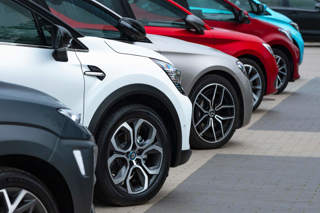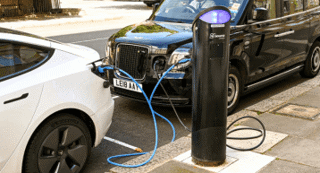SMEs should urgently consider a switch to low emission cars as the threat of extra charges for business drivers of diesels loom, according to Fleet Evolution.
Fleet Evolution estimates that hundreds of small businesses in the UK could soon face hefty penalties by allowing staff to drive vehicles that contribute to air pollution in major UK cities.
The warning comes as the Supreme Court opened the way for extra taxes on small businesses with a ruling that orders the UK government to take immediate action to combat air pollution. Anti-pollution lawyers ClientEarth sparked the threat by bringing a case against the government when the UK failed to stay within EU limits for Nitrogen Oxide pollution.
The Supreme Court had award the group an earlier victory with a May 2013 ruling that confirmed the UK had breached its obligations under the European Commission’s Air Quality Directive.
Fleet Evolution is a salary sacrifice car expert with schemes designed to be completely cost neutral to the employer. Salary sacrifice car schemes are low risk and low admin but also deliver significant savings for the employee. These schemes also represent a great opportunity for employees to move out of their gas-guzzling older cars and into new, more efficient vehicles.
In the last year alone, Fleet Evolution has managed to lower the carbon dioxide emissions of its customers’ fleets by 42%.
With the race now on to lower pollution in major cities such as London, Birmingham and Leeds, business drivers could be a key part of the solution.
Andrew Leech from Fleet Evolution said, “Increasing the number of lower emission vehicles on the road is essential to decreasing air pollution levels. Diesel cars are a prime offender in Nitrogen Oxide pollution and could leave SMEs who allow their staff to drive diesel vehicles for work purposes subject to increased taxes and higher congestion charges.
“Switching to a lower emission vehicle such as the Nissan Leaf or Mitsubishi Outlander Hybrid, or even a fully electric vehicle can offer significant financial and environmental benefits.”


















Login to comment
Comments
No comments have been made yet.